age / 34
crops / Apples
business / Domex Superfresh Growers
family background / Erika grew up in Washington’s Yakima Valley and was trained in business and human resources at Charter College. She is the second generation in her family to work in agriculture and is the daughter of Maricela and Mario Espinoza.
How did you get your start?
I started working in the industry when I was 15 years old as a summer job. From that first day, I fell in love with it.
My first job was on the repack line, and I remember how interesting it was learning about all the different reasons why particular apples are discarded.
I also learned the process of how our fruit gets from the farm to the consumer. My career has continued to evolve and now I help direct our food safety training programs.
What challenges have you had working in food safety?
When I started, Safe Quality Food (SQF) policies were quite a challenge. I was young and I remember being a bit scared trying to teach employees who were older than me.
I was concerned they were going to look at me and say, “Who’s this young woman? She doesn’t know what she’s talking about.
We’ve been working this way for years and it works. Why do we need to change now?” Being able to overcome that and educate people older than me was my biggest challenge.
I was tasked with creating our food safety policies and setting standards for people.
What is the future of food safety initiatives?
We have to make sure we’re providing safe quality food to consumers, and the biggest challenge is finding ways to continue improving our food safety programs.
There’s a lot of procedures to keep up-to-date every year. Another challenge is working with the paperwork and keeping track of everything.
The regulations are only getting more complex and we’re needing to keep documents for longer periods of time. Looking to the future, we’re going to need a way to have the process and documentation digital and easily accessible.
It may even require the industry to create methods to file documentation that can be inputted on our cell phones when we’re in the field or warehouse. Doing that could help avoid having rooms full of food safety documents.
How did your SQF experience help you transition to human resources?
Our human resources department works hand-in-hand with food safety programs. Not only do I need the human resources knowledge, but I need to have the food safety experience to help create food safety policies and procedures to train employees.
I don’t think you can only have one or the other. If you don’t know how to make good policies or train employees, then you could get into trouble if something is missed.
I see myself going beyond just knowing food safety practices to helping train people, so we have everything covered.
Where can training programs improve?
When I started learning about food safety, we had trainings that weren’t very engaging. They were not fun to attend. The courses were basically just reading all the modules.
I’d like to see the industry use new technology in their courses. It might help to keep the classes focused, fun and interesting so we can engage the next generation to better catch food safety problems.
There will be new food safety challenges in the future, and it will require people having new opportunities to learn.
What would you tell other young growers about ag?
The possibilities are endless in this industry. It’s not just about working in the office, packing house or the orchard.
It’s also about creating new technology, machines, engineering and finding new ways to help companies operate successfully.

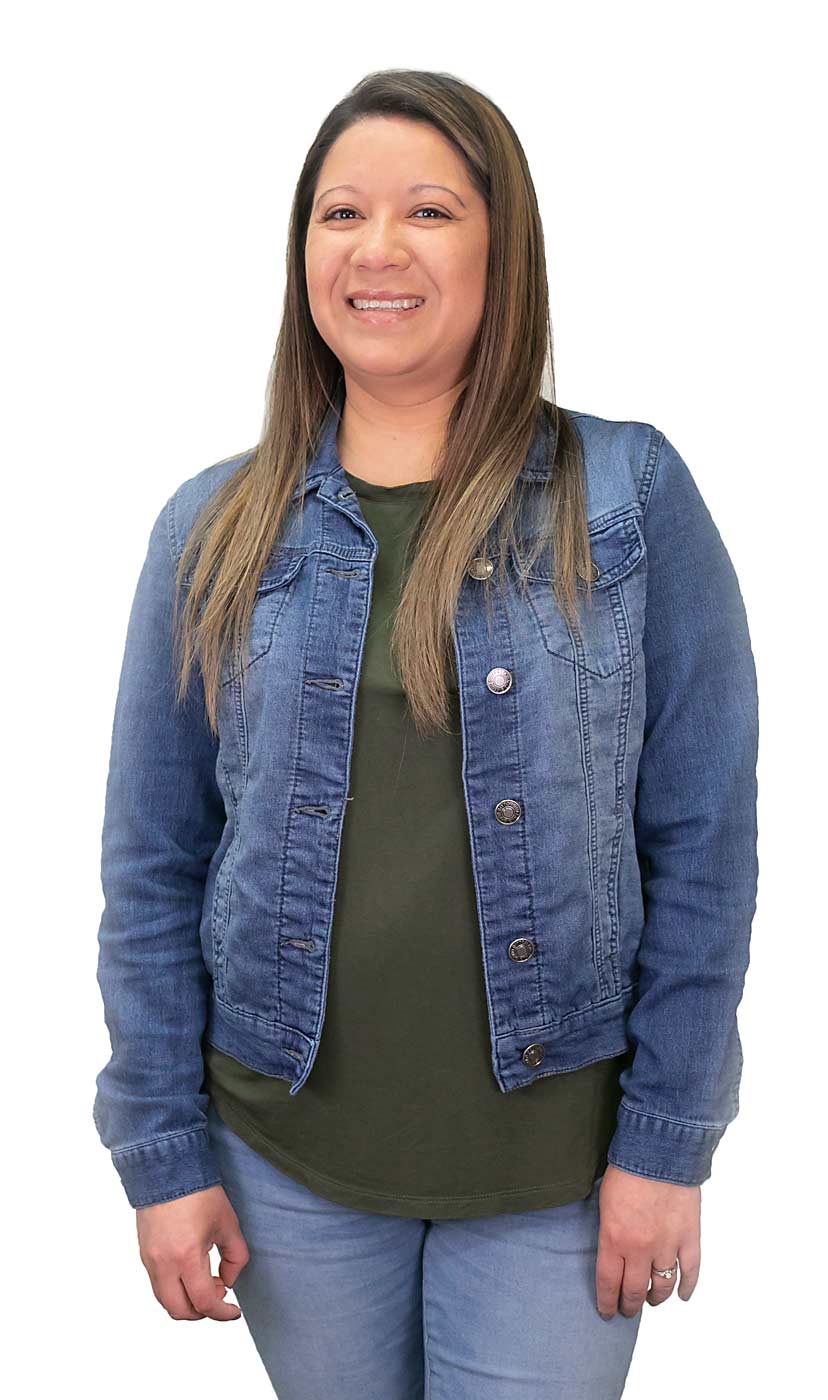
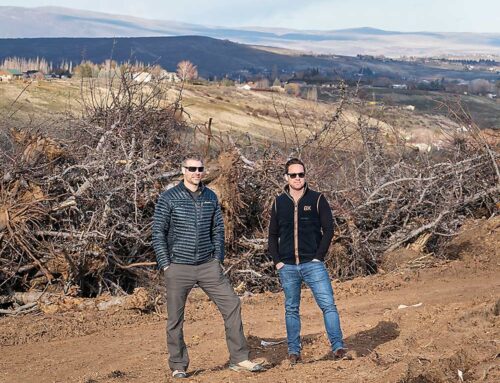

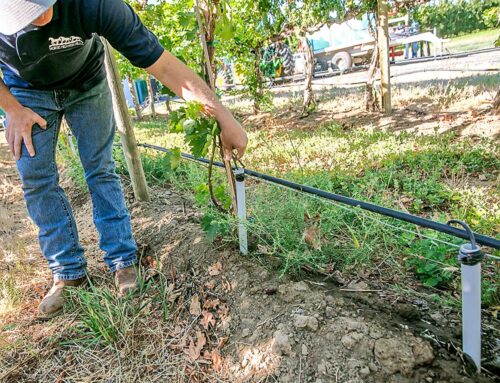
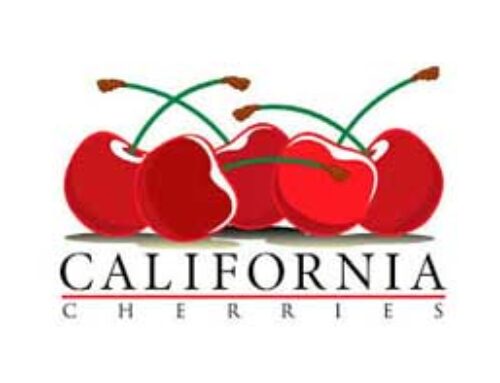
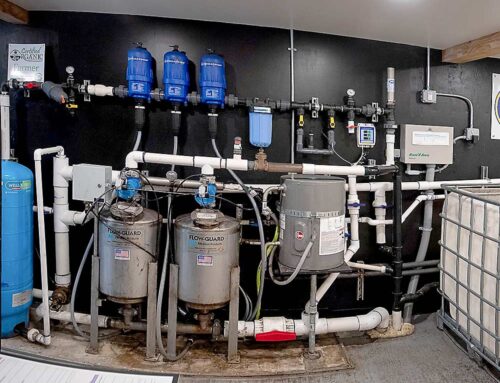
Leave A Comment